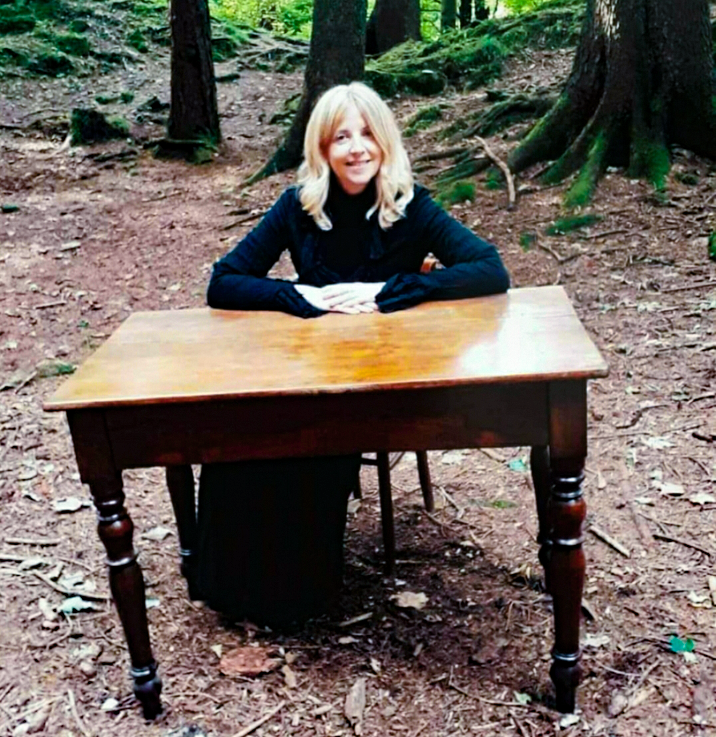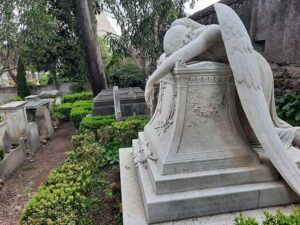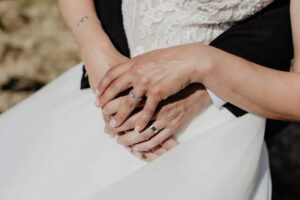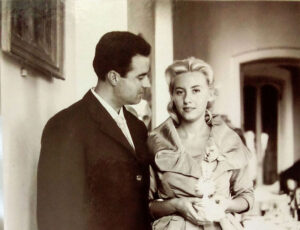When I die, bring me coffee, and you will see that I resurrect like Lazarus. [Peppino DeFilippo] In all honesty, I’m not sure of the thaumaturgical and resurrection powers that a coffee, however excellent, can have, but, as a lay funeral celebrant, I’m sure that the theme of death (one’s own or that of others) must be tackled with lucidity and also with a pinch of healthy (self) irony.
Certainly over a good coffee and a slice of cake it’s easier to talk about everything and it’s also easier to discuss death, the last farewell and how to organize a ceremony that truly reflects who we are, as happens in the secular funeral.
And this is exactly what happens in the Death Cafè, an interesting initiative invented by the computer programmer Jon Underwood and the psychotherapist Sue Barsky Reid on the basis of the experiences already started by the Swiss sociologist and anthropologist Bernard Crettaz, with the aim of annihilating the “tyrannical secrecy” that rotates around the theme of death and bring the taboo of death into the light of the sun and of one’s own and collective conscience, also facilitating the thought of one’s exit from the scene in a manner consistent with the way in which one lived, perhaps precisely with a secular funeral.
But what exactly is a Death Café and how does it work?
A Death Cafè is a meeting between people who wish to discuss the theme of death and their own mortality; the goal of these meetings is reported on the official website Deathcafe.com:
“Our job is to raise awareness of death in order to live one’s life more fully.” |
Many times when speaking of death we have underlined the need to make this theme appear in our discussions, giving it form and substance in the words we use every day to tell what happens to us and around us and to exorcise the fear and anguish that this argument provokes us.
Well, the Death Cafè pursues all these objectives in a programmatic and capillary way; they are working on it to define an experiment in social franchising which has garnered, and continues to garner, great interest and participation around it. For me as a lay celebrant it is a precious tool to help those who turn to me to think about their lay funeral ceremony, and do so spontaneously, not driven by any urgency or emergency.
In 2004 Bernard Crettaz organized in Neuchâtel, in French-speaking Switzerland, what can be defined as the precursor of the Death café, the Café Mortel. Jon Underwood, inspired by the latter, then creates the death café model known throughout the world. The first meeting he organized in London dates back to September 2011 and, since then, 13528 meetings have been held in 81 countries.
In 2014 Jon Underwood and Sue Barsky Reid elaborate a real handbook for those who want to be part of this project and organize a Death Cafè in their city.
Here are the few, but simple, guidelines.
The Death Cafès are born as an open, confidential and intimate space in which participants can freely and safely express their thoughts and reflections on the theme of death. Whoever organizes this event assumes the role of facilitator and must pay the utmost attention not to lead the group to conclusions (of whatever type), but to allow constructive and respectful comparison and dialogue between the members of the group (never superior to twelve people, precisely in order to keep the discussion in an intimate and participatory dimension).
No topic is given on the agenda, precisely to allow each one to proceed without pre-established schemes: the organizer only has to deal with taking of the setting, i.e. of a physical space suitable for the event (which can be a private house, a bar, a small room of a dedicated public place, a park) and, obviously, procuring coffee and treats galore!
It should be emphasized that the Death Cafè are not support or self-help groups centered on a particular objective: the only purpose of these appointments is to meet and talk freely about death.
Death Cafè are organized on a voluntary basis and are always free.
In my work as a lay funeral celebrant, I have often become a facilitator in small groups of people and find myself listening to family members and loved ones who have lost a relative, a friend, even just a neighbor whom they met rarely, but who, once they disappear forever from the landing of the condominium, brings us back to the theme that we so much want to get away from. Yet death is beside us every moment of our lives and touches us, if only with the thought of our finitude.
Every time I find myself in this situation, my invitation is always the same and I renew it today to you who are reading, and also to me who is writing these lines, through this beautiful phrase by the writer Jean Giraudoux:
I’m not afraid of death:
It’s the stake one puts up in order to play the game of life.
So let’s play this game; we also play with the idea of organizing our secular funeral, so that it can be a party! This will allow us to accept the thought of death with serenity and will make our life sweeter and more bearable.
Well yes, even with coffee and sweets.
It will do us good! I, for example, have already organized my lay funeral and it’s amazing!
But I’ll tell you this another time…




